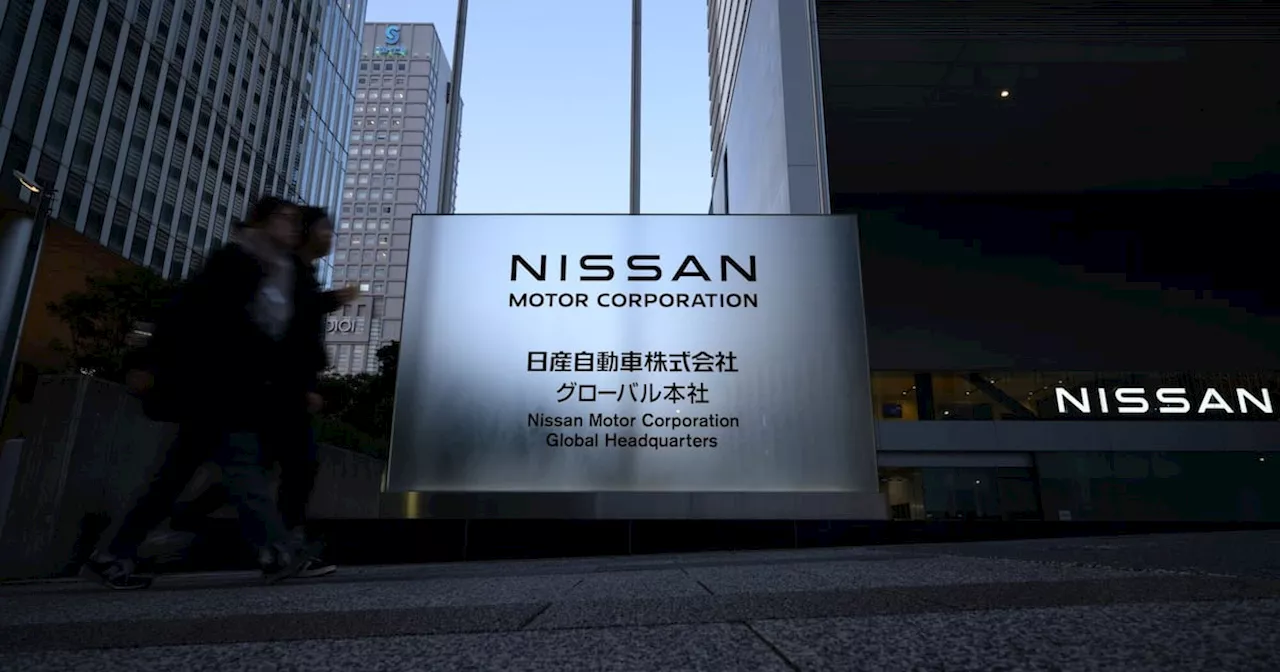The proposed alliance between Honda and Nissan, which aimed to create a global automotive powerhouse, has collapsed. Both companies acknowledge the potential for future collaboration but face the challenges of navigating a rapidly evolving industry and securing their individual financial stability.
The proposed alliance between Honda and Nissan, which sparked excitement three months ago, has officially ended, leaving both automakers facing a challenging future. While negotiations ultimately failed, both companies acknowledge the potential synergies that can be harnessed through their existing strategic partnership.
Honda CEO Toshihiro Mibe expressed optimism, emphasizing the shared understanding of their strengths, while Nissan CEO Makoto Uchida was more candid about the difficulties his company faces, stating that future partnerships are crucial for survival. The need for a partner is particularly pressing for Nissan, which has struggled to keep pace with the industry's rapid transformation. Analysts like James Hong from Macquarie Securities Korea Ltd. believe that without external support, Nissan's position remains precarious. This development opens the door for other potential suitors, including Hon Hai Precision Industry Co., better known as Foxconn, which has expressed interest in acquiring Renault SA's 36% stake in Nissan. Foxconn's Chairman, Young Liu, sees an opportunity to expand into the automotive sector as smartphone sales slow down. Nissan CEO Uchida, however, stated that he has not engaged in discussions with Foxconn's management. Meanwhile, private equity firm KKR & Co. is reportedly exploring an investment in Nissan to bolster its financial stability. Nissan's recent financial challenges, including a decline in net income and plans for job cuts and manufacturing reductions, have underscored the urgency of finding a solution. The breakdown of the Honda-Nissan alliance highlights the fierce competition in the global automotive market. The combined entity would have been a formidable force, rivaling Toyota Motor Corp. in Japan and challenging other major players worldwide. Now, both Honda and Nissan face the challenge of securing their future individually, with analysts emphasizing the importance of a financially stable partner for Nissan. The company's long-term success hinges on addressing its outdated product lineup and regaining market share in key regions like China and the United States
BUSINESS AUTO INDUSTRY MERGERS AND ACQUISITIONS FINANCIAL PERFORMANCE JAPANESE COMPANIES
Canada Latest News, Canada Headlines
Similar News:You can also read news stories similar to this one that we have collected from other news sources.
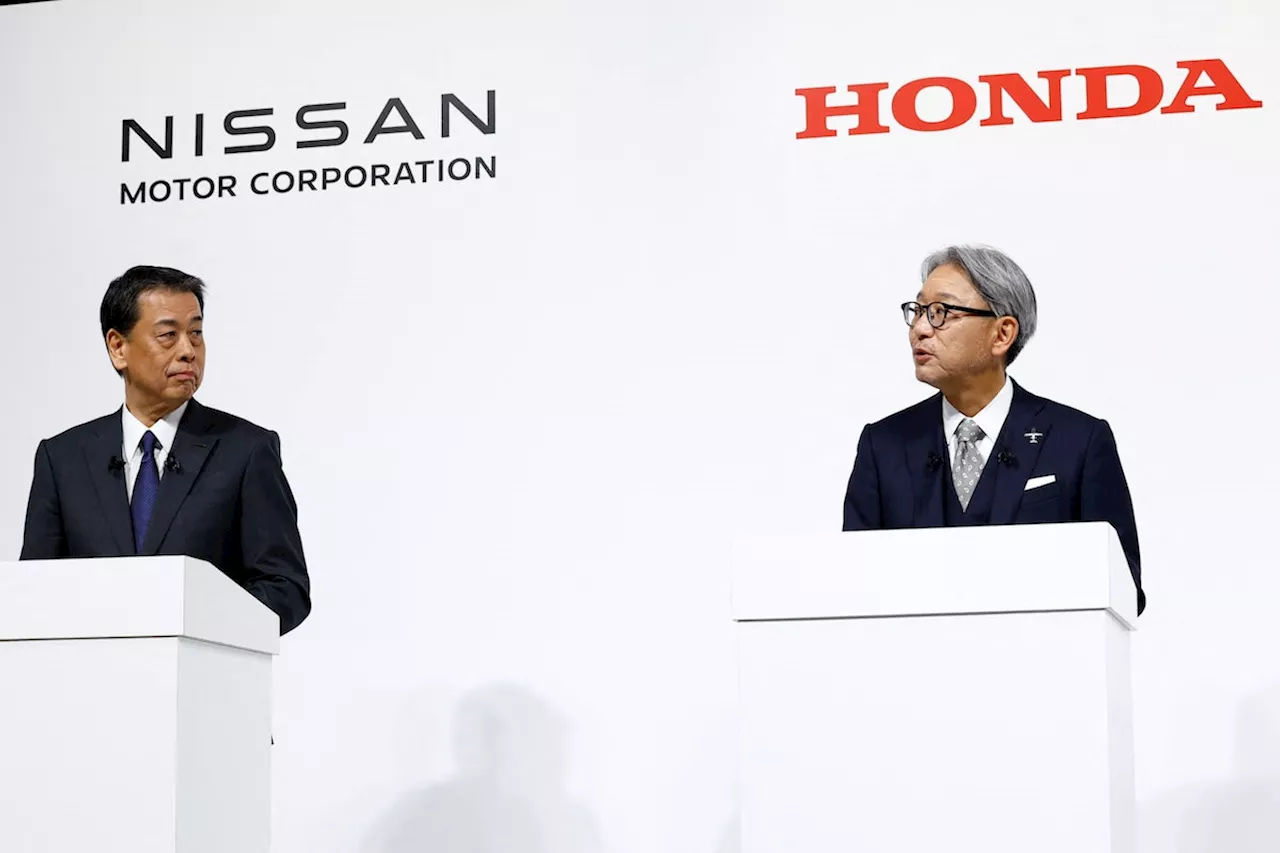 Nissan and Honda may call off merger talks, media report saysBoards of both manufacturers will meet separately in the near future to discuss potentially calling off the merger talks, report says
Nissan and Honda may call off merger talks, media report saysBoards of both manufacturers will meet separately in the near future to discuss potentially calling off the merger talks, report says
Read more »
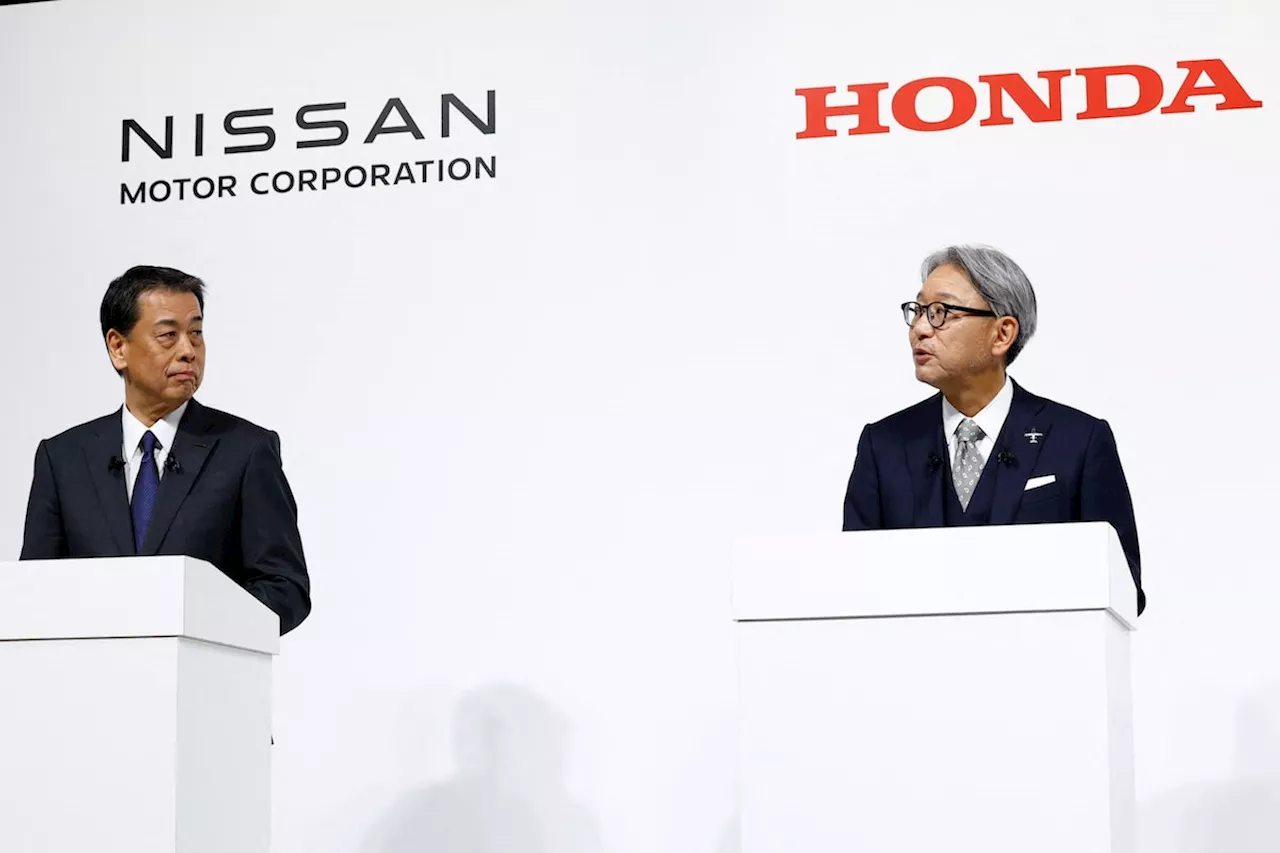 Honda, Nissan Merger Talks May Collapse, Sources SayJapanese automakers Honda and Nissan are reportedly considering ending their merger discussions, according to the Asahi Shimbun newspaper. Sources claim the talks haven't progressed as hoped for Honda, which reportedly suggested Nissan become a subsidiary, a proposal strongly rejected by Nissan. Both companies will hold separate board meetings soon to potentially discuss the termination of the merger talks.
Honda, Nissan Merger Talks May Collapse, Sources SayJapanese automakers Honda and Nissan are reportedly considering ending their merger discussions, according to the Asahi Shimbun newspaper. Sources claim the talks haven't progressed as hoped for Honda, which reportedly suggested Nissan become a subsidiary, a proposal strongly rejected by Nissan. Both companies will hold separate board meetings soon to potentially discuss the termination of the merger talks.
Read more »
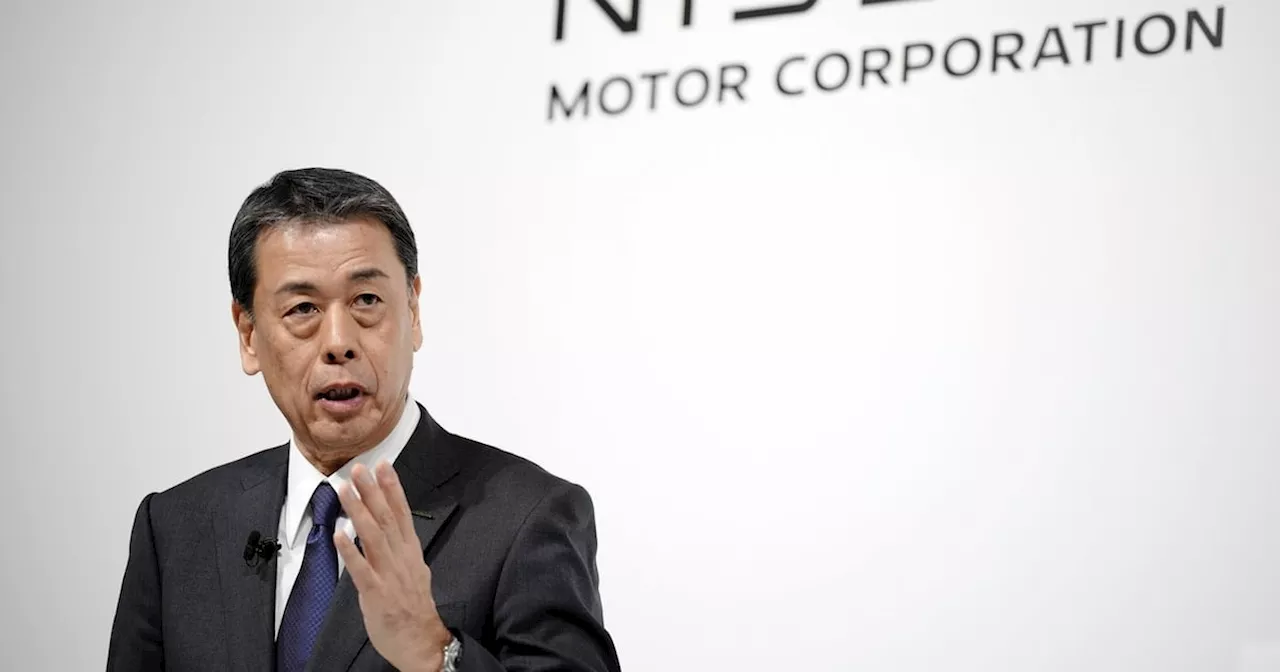 Honda, Nissan and Mitsubishi End Talks on Business IntegrationJapanese automakers Honda, Nissan, and Mitsubishi have called off discussions on forming a joint holding company. Nissan CEO Makoto Uchida cited concerns that the arrangement would stifle Nissan's growth potential. Both Honda and Nissan will continue collaborating on electric vehicles and smart car technologies.
Honda, Nissan and Mitsubishi End Talks on Business IntegrationJapanese automakers Honda, Nissan, and Mitsubishi have called off discussions on forming a joint holding company. Nissan CEO Makoto Uchida cited concerns that the arrangement would stifle Nissan's growth potential. Both Honda and Nissan will continue collaborating on electric vehicles and smart car technologies.
Read more »
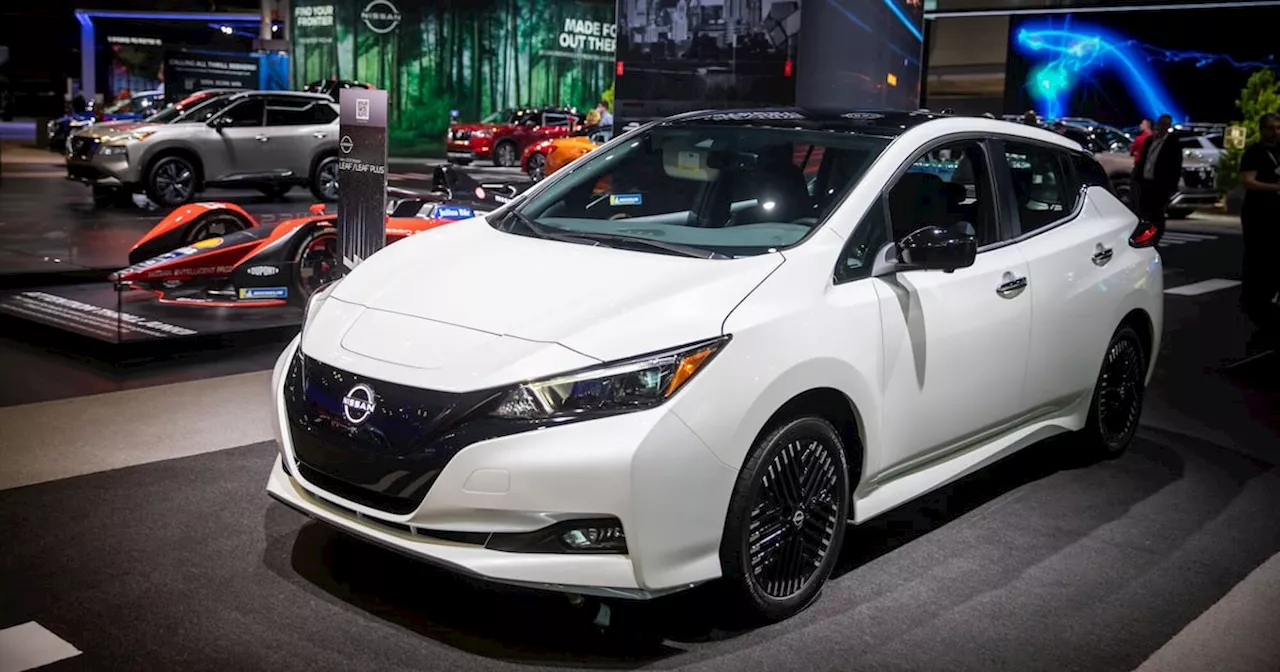 Can Nissan survive without Honda’s helping hand?Since the dramatic downfall of “Cost Killer” chief executive Carlos Ghosn in 2018, Japan’s Nissan Motor Co. has labored with weak sales and an outdated model lineup.
Can Nissan survive without Honda’s helping hand?Since the dramatic downfall of “Cost Killer” chief executive Carlos Ghosn in 2018, Japan’s Nissan Motor Co. has labored with weak sales and an outdated model lineup.
Read more »
 Glencore and Rio Tinto End Merger TalksGlencore and Rio Tinto have ended early-stage merger talks last year, according to a source familiar with the matter. The discussions, fueled by the global demand for copper in the clean energy transition, were brief and ultimately unsuccessful. Global miners have been actively seeking to expand their presence in metals like copper, as seen in BHP's failed $49 billion bid for Anglo American. While a merger would have created a combined company valued at $158 billion, surpassing BHP, both companies declined to comment on the talks.
Glencore and Rio Tinto End Merger TalksGlencore and Rio Tinto have ended early-stage merger talks last year, according to a source familiar with the matter. The discussions, fueled by the global demand for copper in the clean energy transition, were brief and ultimately unsuccessful. Global miners have been actively seeking to expand their presence in metals like copper, as seen in BHP's failed $49 billion bid for Anglo American. While a merger would have created a combined company valued at $158 billion, surpassing BHP, both companies declined to comment on the talks.
Read more »
 Ford Rocks 'Canada Is Not For Sale' Hat Amid US Merger TalkOntario Premier Doug Ford wore a 'Canada is not for sale' hat to a meeting in Ottawa, promoting Canadian pride in response to US President Trump's suggestion of a merger between the two countries. The hat, designed by Ottawa entrepreneurs Liam Mooney and Emma Cochrane, has become a viral sensation after Ford's public endorsement.
Ford Rocks 'Canada Is Not For Sale' Hat Amid US Merger TalkOntario Premier Doug Ford wore a 'Canada is not for sale' hat to a meeting in Ottawa, promoting Canadian pride in response to US President Trump's suggestion of a merger between the two countries. The hat, designed by Ottawa entrepreneurs Liam Mooney and Emma Cochrane, has become a viral sensation after Ford's public endorsement.
Read more »
